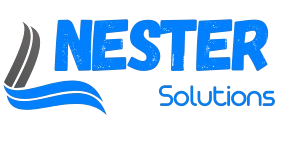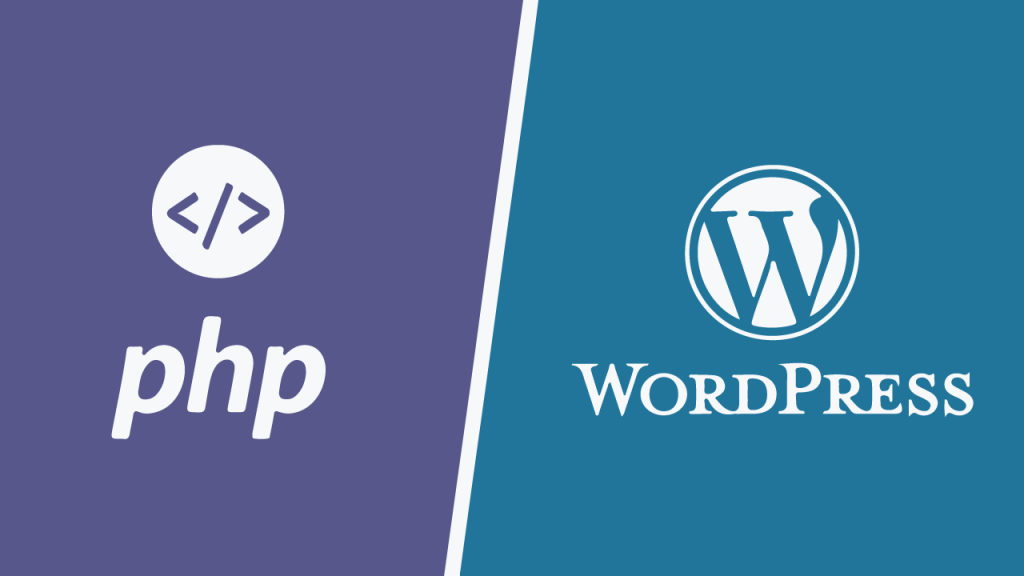The relationship between WordPress and PHP development will always be the key to dynamic websites. As technology advances, continuous learning and adaptation will always be the top priority for developers. By utilising the power of PHP within the WordPress framework, developers can deliver solutions that meets today’s needs and tomorrow’s trends, and ultimately a more secure web.
Web development has come along way in the last 20 years and changed the digital landscape and how we consume information online. Among the many technologies out there, WordPress and PHP are the foundation of web development especially for content management. This post will look at the relationship between WordPress and PHP and what they can do, the benefits and why they are so popular.
The synergy between WordPress and PHP is what makes the modern web. PHP is the backbone of WordPress development, allowing developers to build dynamic and interactive websites. With PHP’s flexibility, developers can customise themes, build plugins and implement bespoke functionality for specific business needs. Plus PHP’s compatibility with multiple databases, especially MySQL means efficient data management and better site performance.
What is WordPress?
WordPress is an open source content management system (CMS) that lets you create, update and manage your website with ease. Launched in 2003 as a blogging platform, WordPress has grown into a versatile CMS that powers over 40% of all websites online. The user friendly dashboard lets you design, build and manage your website with minimal effort.
Features
Ease of Use: WordPress’s user friendly interface lets you manage your content without technical knowledge. Perfect for small businesses, bloggers and freelancers who value efficiency.
Themes and Plugins: One of the best things about WordPress is its massive theme and plugin library. Themes let you change your site design in minutes, plugins add functionality – from SEO tools to social sharing buttons.
SEO: WordPress was built with SEO in mind. Users can optimise their content and structure easily and get better search engine visibility.
Community Support: Being open source, WordPress has a huge community of developers, designers and users. This means loads of resources, forums and documentation to help you troubleshoot and learn.
Scalability: Whether you have a simple blog or a complex e-commerce site, WordPress is scalable to your needs, perfect for small startups and big enterprises.
PHP in WordPress
PHP or Hypertext Preprocessor is a server side scripting language used for web development. As an open source language, PHP is used to create dynamic content that interacts with databases. One of the best feature of PHP is its ability to integrate with multiple database systems, most notably MySQL which is often used with WordPress.
Why PHP is important for WordPress
Dynamic Content Generation: PHP lets WordPress generate pages dynamically based on user input and interaction. When a user visits the site, PHP retrieves the content from the database and puts it together into an HTML page and sends it to the user’s browser.
Database Interaction: WordPress stores information like posts, page content, user data and settings in MySQL databases. PHP scripts let WordPress interact with the MySQL database so users can retrieve and update data.
Custom Code: Developers who want to extend their WordPress site often write custom PHP code. They can add features – user authentication, custom post types or whatever their business needs.
Theming and Templating: The WordPress theme system is built in PHP. Theme developers use PHP to create templates that control how content is displayed. This gives a lot of customisation so they can have a unique user experience and interface.
Plugin Development: Many of the best bits of WordPress are from plugins written in PHP. Developers can write custom plugins that add new functionality to WordPress sites – security to social media integration.
WordPress and PHP for Beginners
If you want to start your web development journey with WordPress and PHP here’s a step by step approach:
Set up a Local Development Environment
Before you start web development, setting up a local development environment is a must. Tools like XAMPP or MAMP lets you run a local server on your machine so you can build and test WordPress sites without internet connection.
Install
Once you have your local server up and running you can download the latest version of WordPress from its official website. The installation process involves creating a database for WordPress via phpMyAdmin, configuring the wp-config.php file with database credentials and running the installation script through a web browser.
Basic PHP
As you get more comfortable with WordPress, learning basic PHP is a good idea. Start with the basics – variables, arrays, loops and functions. There are tons of online resources – free courses and tutorials – to help you get started with PHP.
WordPress Development
Once you have basic PHP down, dive into WordPress development:
·
Themes: Try creating custom themes. Familiarise yourself with the Template Hierarchy – a system WordPress uses to determine which template files to use for different types of content
Plugins: Create simple plugins to add functionality to your WordPress site. Learn about hooks (actions and filters) that lets you extend and modify WordPress features and functionality.
Best Practices: Follow the coding standards and best practices outlined in the WordPress Codex when developing themes and plugins. These affects performance, security and maintainability.
Use Resources and Communities
Use online resources, forums and communities. Sites like Stack Overflow, WordPress support forums and various PHP tutorial sites have tons of knowledge and solutions to common problems.
Inclusion
WordPress and PHP are married, a powerful couple that lets developers and users build robust and interactive websites. With a user friendly interface and tons of customisation options, WordPress is the choice of many web developers and professionals. And PHP, the backbone of WordPress, gives flexibility, functionality and the ability to create dynamic and engaging web experiences.
Once you know the basics of WordPress and PHP you can open doors to limitless possibilities in web development – whether you want to build your own website, contribute to the community or start a career in this fast paced industry. Whether you are a beginner or an experienced developer, getting into WordPress and PHP will give you skills and knowledge that are in high demand in this digital age.


